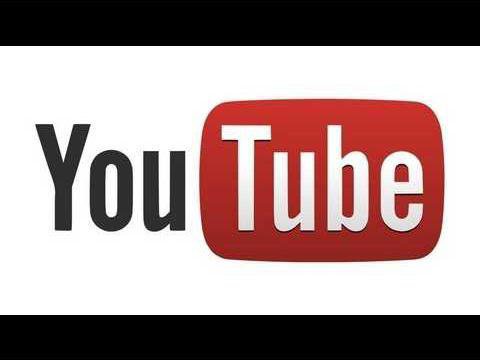Parents may want to quell their childs dream of becoming a YouTube star.
New research from Germany has found that 96.5 percent of people trying to become YouTube stars wont make enough money to break past the U.S. poverty line, according to Bloomberg.
YouTubers who break into the top 3 percent of most-viewed channels which means amassing more than 1.4 million views might only bring in roughly $16,800, according to Mathias Brtl, a professor at Offenburg University of Applied Sciences in Offenburg, Germany, who conducted the research. The U.S. poverty line sits at about $12,140 for one person.
Bartl based these results on the idea of YouTube charging $1 per 1,000 views for an average YouTuber.
If youre a series regular on a network TV show, youre getting a good amount of money, Alice Marwick, an assistant professor of communication at the University of North Carolina at Chapel Hill, told Bloomberg. Yet you can have half a million followers on YouTube and still be working at Starbucks.
The research found the top 1 percent of creators had anywhere from 2.2 to 42.1 million viewers. Those creators earn enough money through sponsorships and other deals to make the job work as a successful side hustle.
However, a YouTube spokeswoman said the company hopes to help stars make more money. She said the amount of channels earning more than six figures has risen 40 percent year over year, according to Fortune.
In 2015, there were more than 17,000 YouTube channels that had more than 100,000 subscribers. Meanwhile, only about 1,500 had more than 1 million subscribers at the time, according to BBC.
As Variety reported, a 2014 survey found that teens enjoy watching YouTube stars because the video stars connect with youngsters on a personal and intimate level.
YouTubers were judged to be more engaging, extraordinary and relatable than mainstream stars, who were rated as being smarter and more reliable, Variety reported. Teens also say they appreciate YouTube stars more candid sense of humor, lack of filter and risk-taking spirit, behaviors often curbed by Hollywood handlers.
New research from Germany has found that 96.5 percent of people trying to become YouTube stars wont make enough money to break past the U.S. poverty line, according to Bloomberg.
YouTubers who break into the top 3 percent of most-viewed channels which means amassing more than 1.4 million views might only bring in roughly $16,800, according to Mathias Brtl, a professor at Offenburg University of Applied Sciences in Offenburg, Germany, who conducted the research. The U.S. poverty line sits at about $12,140 for one person.
Bartl based these results on the idea of YouTube charging $1 per 1,000 views for an average YouTuber.
If youre a series regular on a network TV show, youre getting a good amount of money, Alice Marwick, an assistant professor of communication at the University of North Carolina at Chapel Hill, told Bloomberg. Yet you can have half a million followers on YouTube and still be working at Starbucks.
The research found the top 1 percent of creators had anywhere from 2.2 to 42.1 million viewers. Those creators earn enough money through sponsorships and other deals to make the job work as a successful side hustle.
However, a YouTube spokeswoman said the company hopes to help stars make more money. She said the amount of channels earning more than six figures has risen 40 percent year over year, according to Fortune.
In 2015, there were more than 17,000 YouTube channels that had more than 100,000 subscribers. Meanwhile, only about 1,500 had more than 1 million subscribers at the time, according to BBC.
As Variety reported, a 2014 survey found that teens enjoy watching YouTube stars because the video stars connect with youngsters on a personal and intimate level.
YouTubers were judged to be more engaging, extraordinary and relatable than mainstream stars, who were rated as being smarter and more reliable, Variety reported. Teens also say they appreciate YouTube stars more candid sense of humor, lack of filter and risk-taking spirit, behaviors often curbed by Hollywood handlers.








